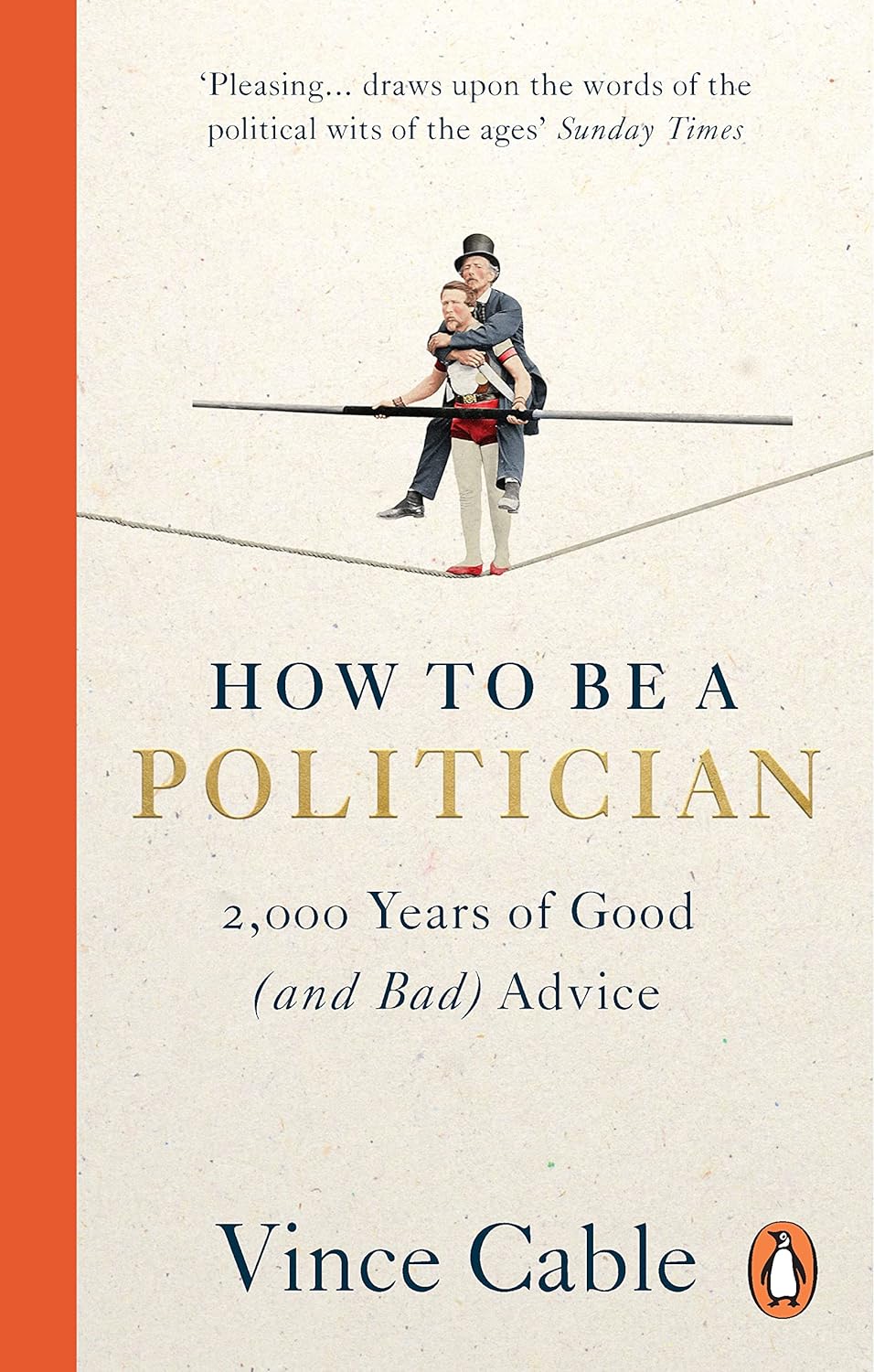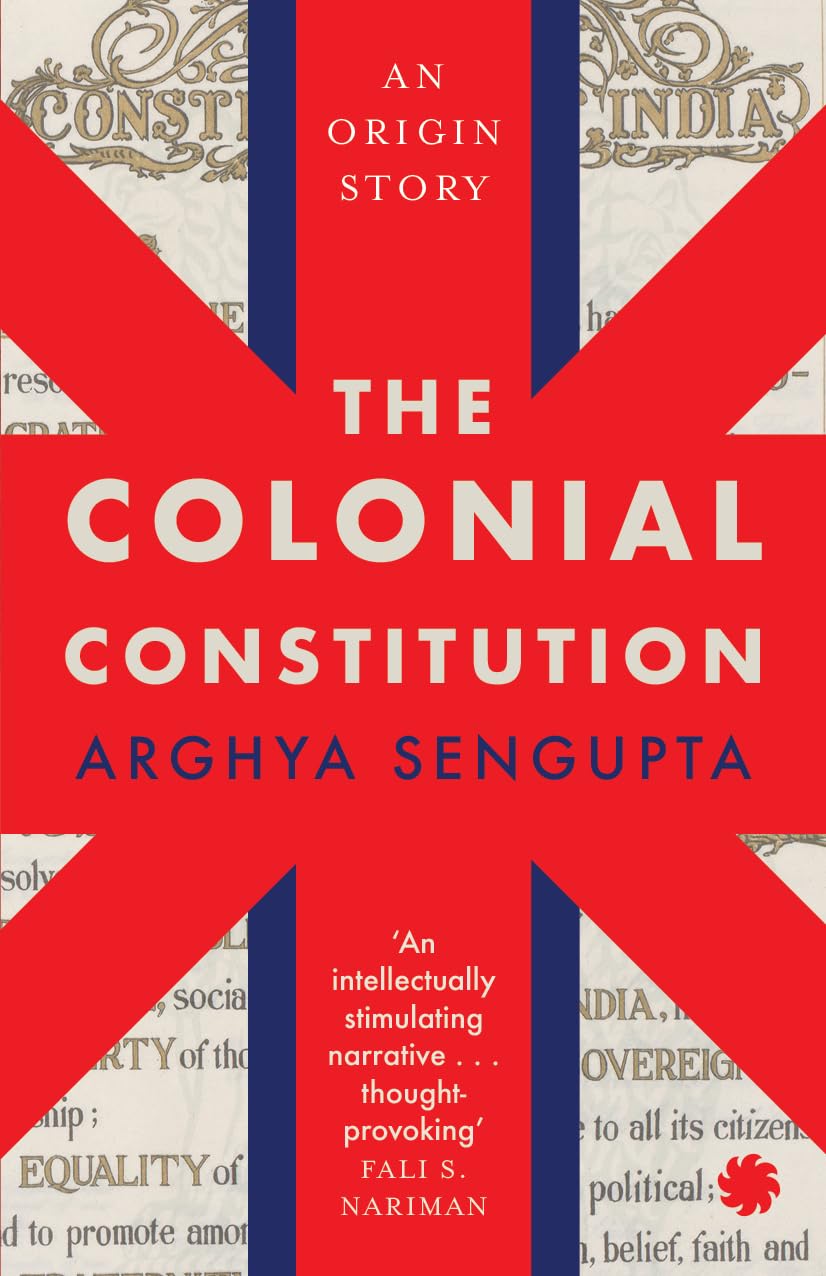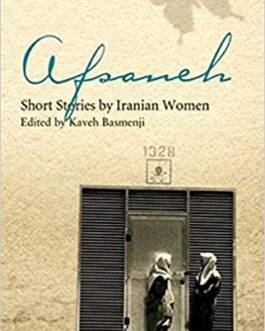The Colonial Constitution – Arghya Sengupta
₹599.00
Out of stock
Description
In December 1946, a diverse bunch of battle-weary Indian nationalists took up the challenge of a lifetime: drafting the constitution of a soon to be independent India. But, curiously, this document seemed divorced from their own experience as freedom fighters.
While during the freedom movement, the Government of India Act 1935 had been reviled as a ‘charter of slavery’, now more than a third of the Constitution was directly borrowed from it. While many members of the Constituent Assembly had experienced the brutality of preventive detention and the law against sedition, the Assembly didn’t outlaw either. While Gandhiji had talked about keeping sovereign power close to the people through the gram panchayat, the Constitution gave Indians a powerful, remote Union government. Though citizens had some important fundamental rights, the government could suspend these rights at will using its wide emergency powers, wider than even what the British had when they left India. What we got then was a colonial constitution that fundamentally did not trust its own people.
In this brilliantly argued and profound book, the scholar Arghya Sengupta shows us how we got here. Neither a critique nor a celebration, this is an origin story. An instant classic, The Colonial Constitution is the perfect antidote to the gushing accounts of the Constitution that abound. In the end, this book raises an unsettling question: does India need a new constitution?
Additional information
| Weight | 0.49 kg |
|---|
Only logged in customers who have purchased this product may leave a review.







Reviews
There are no reviews yet.